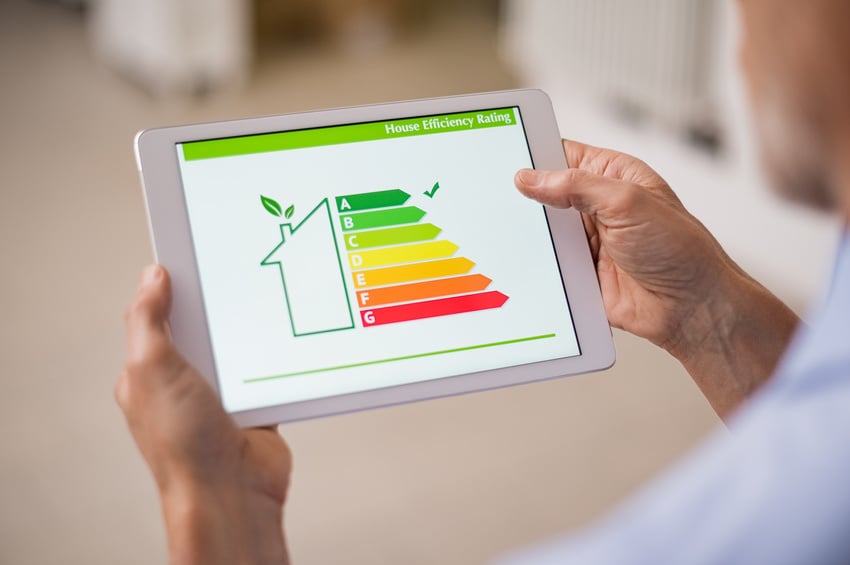For anywhere from a few to 12 months out of the year, American homeowners rely on their air conditioning units to keep their domiciles comfortable. Going without AC could lead to one of three heat-related syndromes-- heat exhaustion, heat cramps, or heat stroke -- so it's no wonder that we'd rather keep temperatures low during the hottest months. But a recent ban on refrigerant might mean that U.S. residents will be forced to replace, rather than repair, their existing air conditioning units. The question is: should you consider an air conditioning repair or get a new air conditioning installation before selling your home?

For many years, hydrochlorofluorocarbon 22 (known as HCFC-22, R-22, or Freon) was a mainstay in American homes and businesses. it was used in refrigerators, air conditioners, and even refrigerated transport. But in the quest for environmentally responsible practices, world leaders opted to phase out its use and discontinue its production for these applications. That all sounds well and good, but it means that this chemical will become substantially more expensive and more difficult to get after the ban goes into effect in 2020.
Supplies will go down and prices will go up, which means that the older air conditioning units that use this coolant will become a lot harder and costly to fix. In the average home, heating and cooling already make up 54% of utility bills each year, and experts predict that it will quickly become cost-prohibitive to repair units that leak R-22. In fact, the effects of increased R-22 costs are already obvious: 30 years ago, a 30-pound cylinder of R-22 came with $20 wholesale costs for contractors. Now, the same amount of Freon can cost anywhere from $400 to $800 wholesale. As a result, industry professionals say, homeowners will have no other choice but to replace their air conditioners. Any homeowners that have experienced a coolant leak in the past should follow industry recommendations to have their HVAC systems inspected twice per year and should start budgeting to replace their air conditioning units, as these kinds of leaks will inevitably occur again.
Homeowners who have purchased an air conditioner during the last decade shouldn't need to worry about replacement quite yet, as these units should contain eco-friendly coolant alternatives. But the law is still expected to have a huge impact on the HVAC industry. HVAC employment rates are already expected to increase by 15% from 2016 to 2026, and since new air conditioning systems can cost $5,000 or more (depending on the size of the home), that could mean Americans -- particularly those with older homes and older units -- will soon be spending a lot more on these services.
But if you're thinking of selling your home in the near future, is AC replacement something you should really have to worry about? If you're one of those homeowners with an older unit that uses R-22, it might be something to consider. Since newer units are more energy efficient and eco-friendly, that upgrade can actually act as a selling point to buyers (especially if you live in an environmentally conscious area). Generally speaking, units that are over 10 years old should probably be replaced before it's time to sell. At that point, the unit will no longer be under warranty, which may be a headache that prospective buyers will wish to avoid. Additionally, if you've experienced ongoing issues with your air conditioner, it may be time for new ac installation.
That said, if your unit isn't yet a decade old and is good working order but uses R-22, your decision might not be so clear-cut. If it's simply not within your budget or your real estate agent feels it won't have a positive impact on your ability to sell, you might want to hold off. And if for some reason replacing the air conditioner will require you to undertake extensive remodeling or you've had no issues with it whatsoever, it's probably not worth it to replace it before listing. Of course, you should always consult with your agent and do some research on your own (for instance, to find out if other comps in your area have had replacement air conditioners installed) before making a final decision.
Whether you plan to sell or see yourself staying in your home for many years to come, these eco-friendly developments may bring some complications in the short term. But in the long term, they can help homeowners reduce their carbon footprint and actually pay less for their utilities. You'll need to weigh your options and assess the conditions of your specific unit in order to decide whether it makes sense to replace it prior to selling your home.